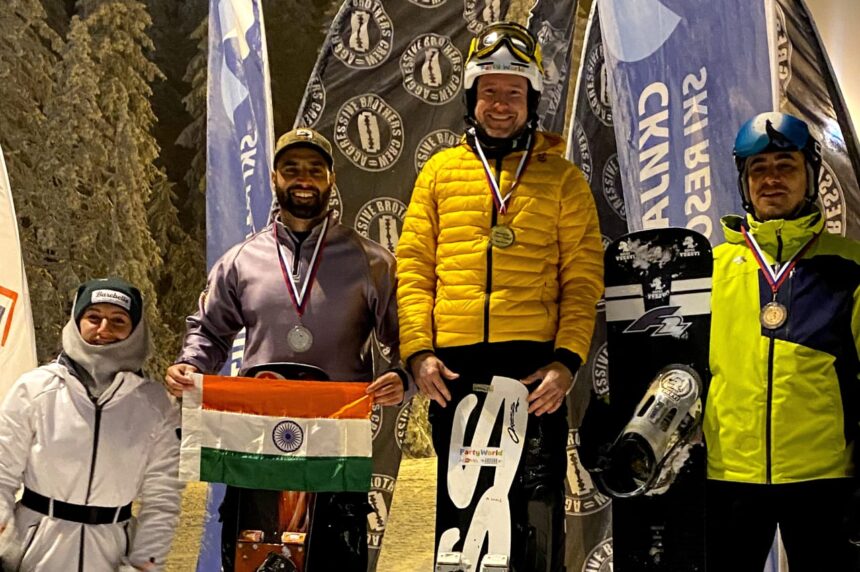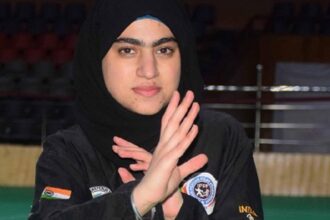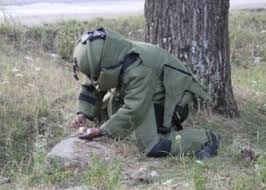The Genesis of a Snowboarding Dream: Early Challenges and Humble Beginnings
In the serene yet challenging landscape of Qazipora Tangmarg, nestled in the heart of Kashmir, Zubair Ahmed Lone’s snowboarding journey began as a whisper of possibility against overwhelming odds. The region, known more for its complex political landscape than sporting achievements, became the unexpected crucible for a remarkable athletic narrative.
Growing up in an environment where winter sports were considered an exotic luxury, Lone’s passion emerged like a delicate snowflake defying harsh winds. His early years were characterized by a profound disconnect between his dreams and the practical realities surrounding him. Local communities viewed his aspirations with a mixture of skepticism and mild amusement, unable to comprehend how a young boy from a modest background could envision international sporting success.
The initial equipment Lone used was a testament to his resourcefulness – a worn-out snowboard patched together with determination, borrowed gear that spoke more of his resilience than technical sophistication. Where professional athletes might have access to state-of-the-art equipment, Lone crafted his skills using makeshift resources, transforming limitations into opportunities for innovation.
Training became a solitary journey of self-discovery. The snow-covered mountains of Kashmir, which had witnessed generations of struggle, now became Lone’s training ground. Each descent was not just a sporting exercise but a metaphorical journey of overcoming societal and personal barriers. His early competitions were less about winning and more about proving a point – that dreams are not confined by geographical or economic boundaries.
Breaking Barriers: The Silver Medal Breakthrough at FIS Alpine Championships
The Federation International Skiing (FIS) Alpine Snowboarding Championships in Serbia represented more than just another international competition for Zubair Ahmed Lone. It was a culmination of years of unrelenting effort, a moment where personal perseverance intersected with international recognition.
The championship arena was a melting pot of athletic talent, with participants from diverse backgrounds representing India, Czech Republic, Serbia, North Macedonia, Greece and Romania. Each athlete carried their national pride, but Lone carried something more profound – the hopes of a region often overlooked in international sporting narratives.
His silver medal performance was not just a result of technical prowess but a symphony of mental fortitude and years of disciplined training. The competition was grueling, with each run demanding absolute precision, balance, and split-second decision-making. Lone’s technique reflected a harmonious blend of calculated risk and intuitive understanding of the snow’s temperamental nature.
When he secured the silver medal, it was more than a personal achievement. It was a statement – a declaration that talent can emerge from the most unexpected terrains, that passion can transcend geographical and economic limitations.
Technical Mastery and Competitive Strategy
Lone’s snowboarding technique is a sophisticated dance between human skill and natural elements. His training in the United States exposed him to advanced methodologies that transformed his approach from mere participation to competitive excellence. Each training session became an intricate study of motion, balance, and environmental adaptation.
His preparation goes beyond physical training, encompassing a holistic approach to athletic performance. Psychological conditioning plays a crucial role, with Lone developing mental resilience that allows him to navigate the high-pressure environments of international competitions. He understands that snowboarding at this level is as much a mental game as a physical one.
The technical nuances of his approach involve understanding snow dynamics, wind patterns, board mechanics, and personal biomechanics. Every movement is calculated, every shift in weight a deliberate strategic decision. His years of training have transformed instinctive reactions into precise, controlled responses.
Personal Philosophy: Transforming Criticism into Motivation
“I have faced a lot of criticism,” Lone reflects, his voice carrying the weight of numerous challenges. But within this statement lies his greatest strength – the ability to convert external negativity into internal motivation. Each skeptical comment, each doubtful glance became fuel for his relentless pursuit of excellence.
His psychological approach is rooted in a profound understanding that success is not about avoiding criticism but about developing the resilience to transform it. Where others might have been discouraged, Lone saw opportunities for growth, turning potential setbacks into stepping stones towards his goals.
Future Trajectory: Ambitious Goals and Strategic Planning
Looking ahead, Lone’s vision extends far beyond personal achievements. He sees himself as a potential catalyst for systemic change in Indian winter sports, particularly in regions like Kashmir. His immediate objectives of qualifying for World Cup races and World Championships are strategic steps towards a larger mission of inspiring a generation.
Broader Implications: Beyond Personal Achievement
Lone’s journey transcends individual sporting success. He represents a powerful narrative of hope, demonstrating that talent can emerge from the most challenging environments. His silver medal becomes a symbol of possibility, challenging established narratives about athletes from conflict zones.
A Beacon of Inspiration
Zubair Ahmed Lone’s story stands as an example of potential of Kashmiri youth. From the snow-covered mountains of Kashmir to the international championships of Europe, his journey reminds us that true achievement is not about where you start, but how passionately and persistently you pursue your dreams.
“This silver medal is just the beginning,” Lone declares – a statement that promises not just personal triumph, but a potential transformation of sporting landscapes.







